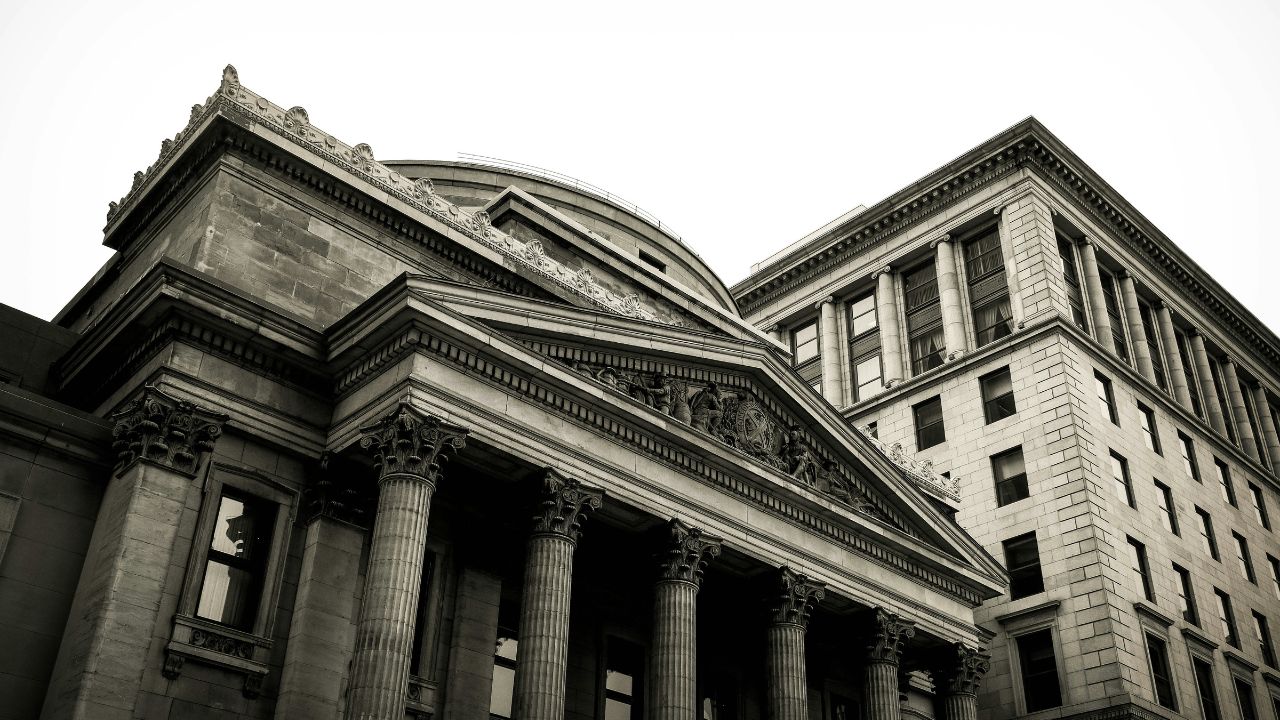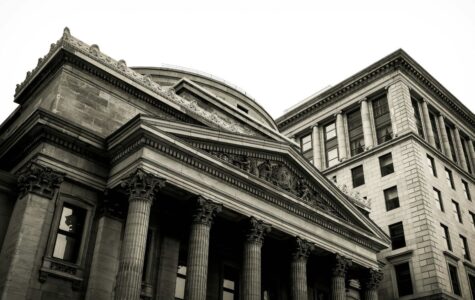The Bank of Canada is the central bank of Canada. It was established in 1934 and is responsible for implementing monetary policy, promoting a stable and efficient financial system, and issuing currency. Canada’s central bank which exercises its influence the economy by raising and lowering short-term interest rates.
- Monetary Policy: influence the supply of money circulating in the economy, using monetary policy framework to keep inflation low and stable
- Financial System: promote safe, sound and efficient financial systems, within Canada and internationally. We also conduct transactions in financial markets in support of these objectives
- Currency: design, issue and distribute Canada’s bank notes
- Funds Management: manage public debt programs and foreign exchange reserves
- Retail Payments Supervision: supervise payment service providers, according to the Retail Payment Activities Act
What is the Bank of Canada?
The Bank of Canada is an independent institution, but it works closely with the Canadian government to achieve its objectives. Its primary role is to ensure price stability by controlling the supply of money in the economy through the use of monetary policy instruments, such as setting interest rates and conducting open market operations.
In addition to its monetary policy role, the Bank of Canada provides financial services to the Canadian government, acts as a lender of last resort to the financial system, and conducts research on a wide range of economic and financial topics.
The Bank of Canada is governed by a board of directors and is headed by a Governor, who is appointed by the Canadian government. The Bank of Canada operates at arm’s length from the government and is independent in the pursuit of its monetary policy objectives.
Who Owns the Bank of Canada?
The Bank of Canada is a special type of Crown corporation, owned by the federal government, but with considerable independence to carry out its responsibilities. The Governor and Senior Deputy Governor are appointed by the Bank’s Board of Directors (with the approval of Cabinet), not by the federal government.





